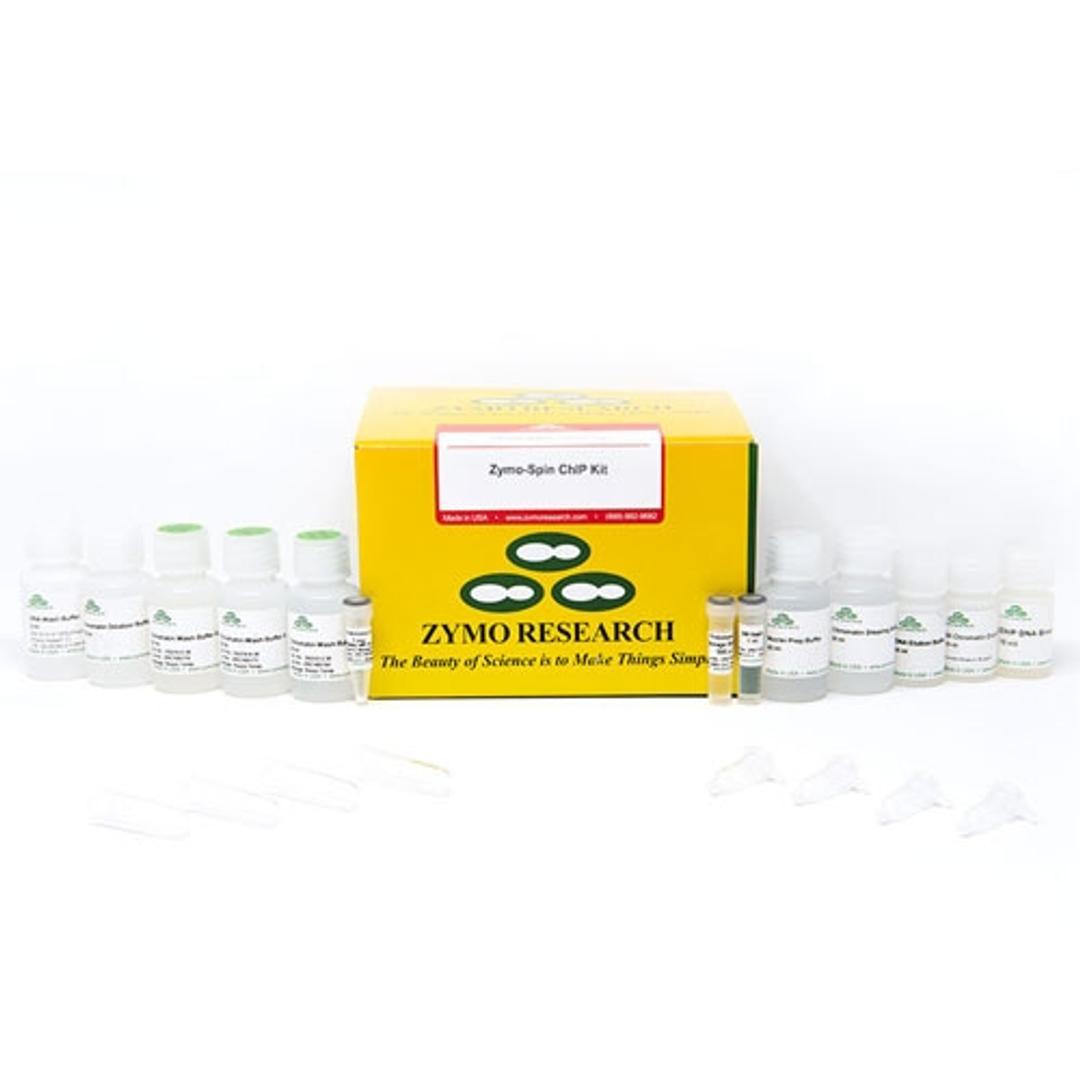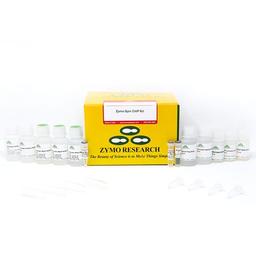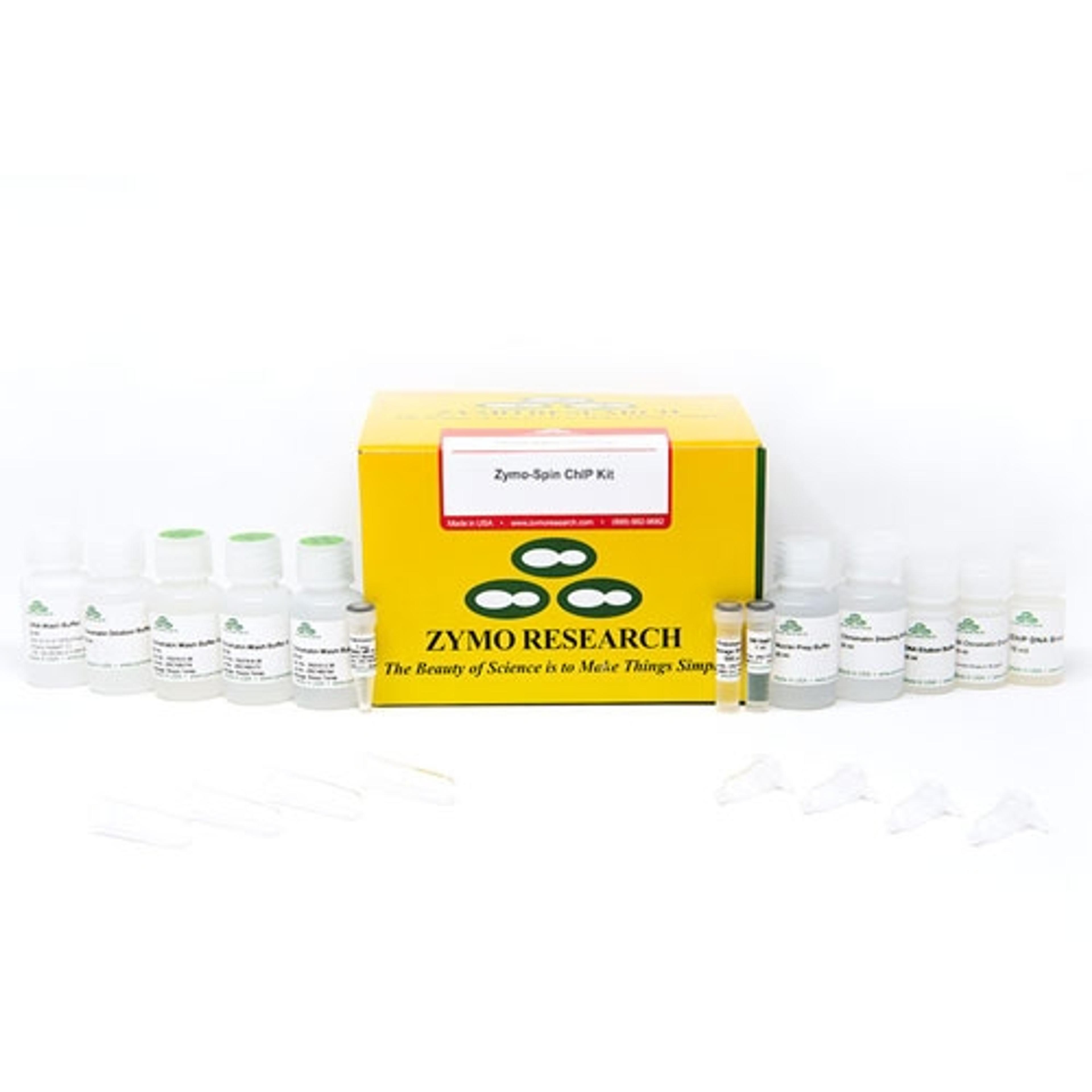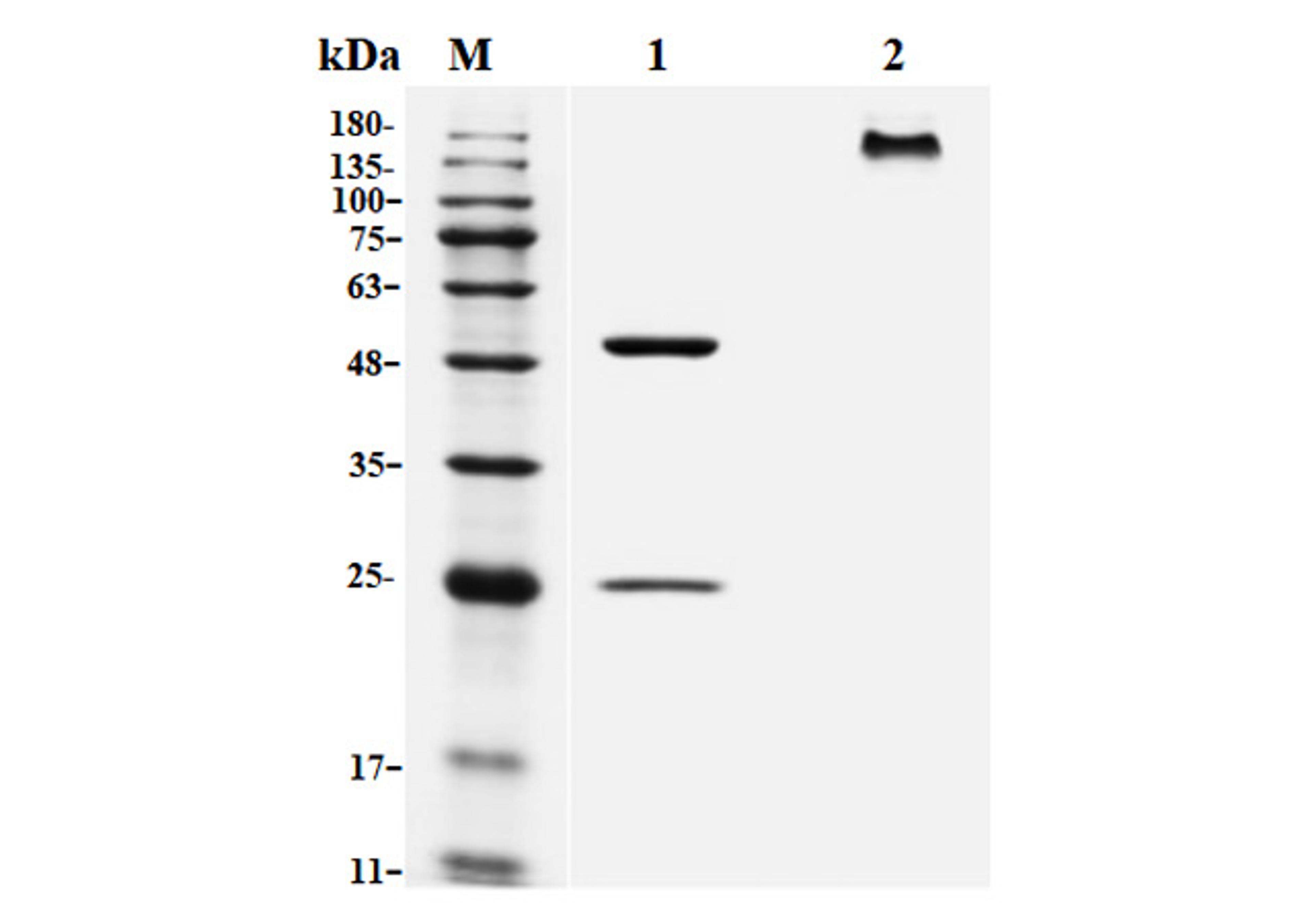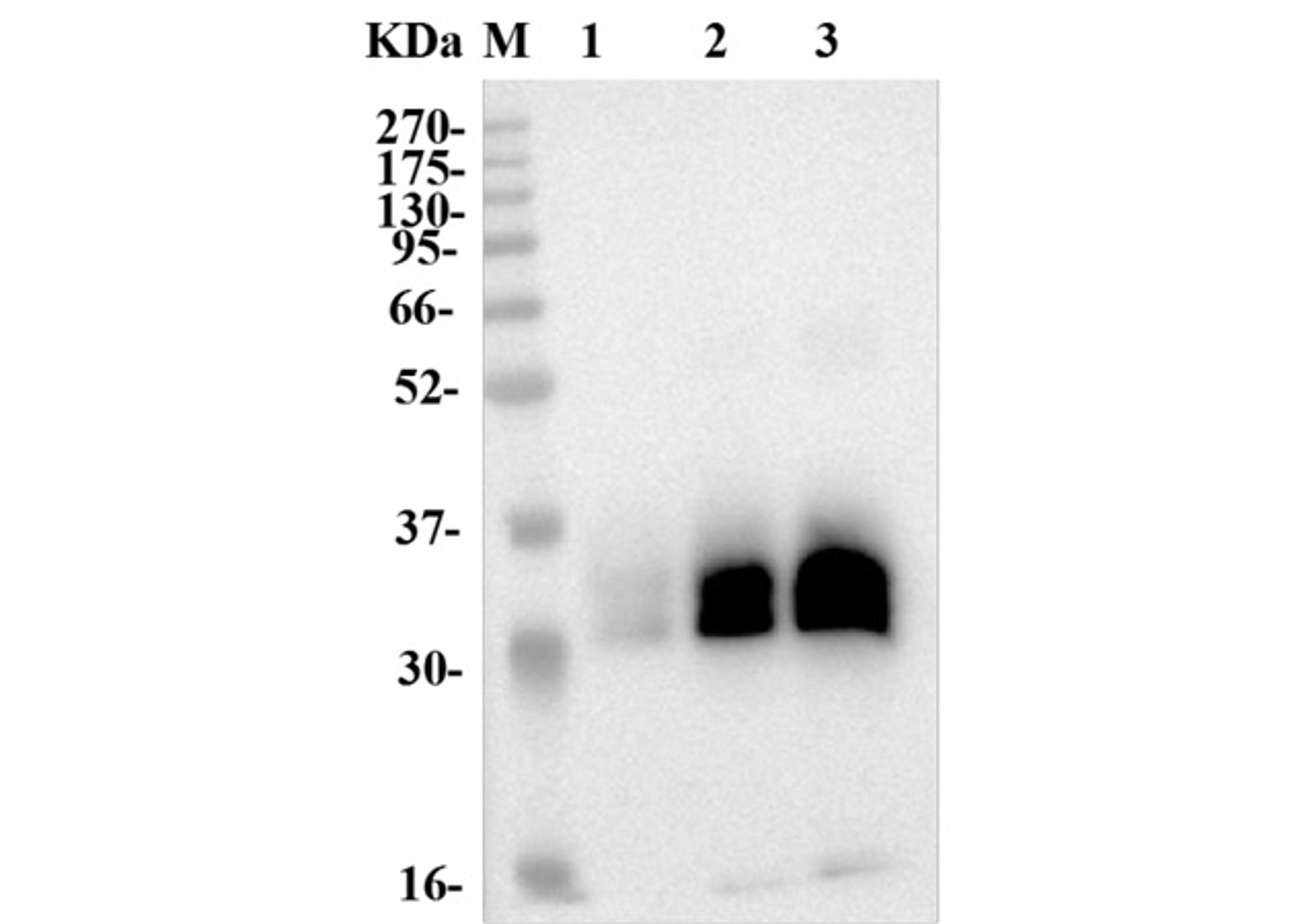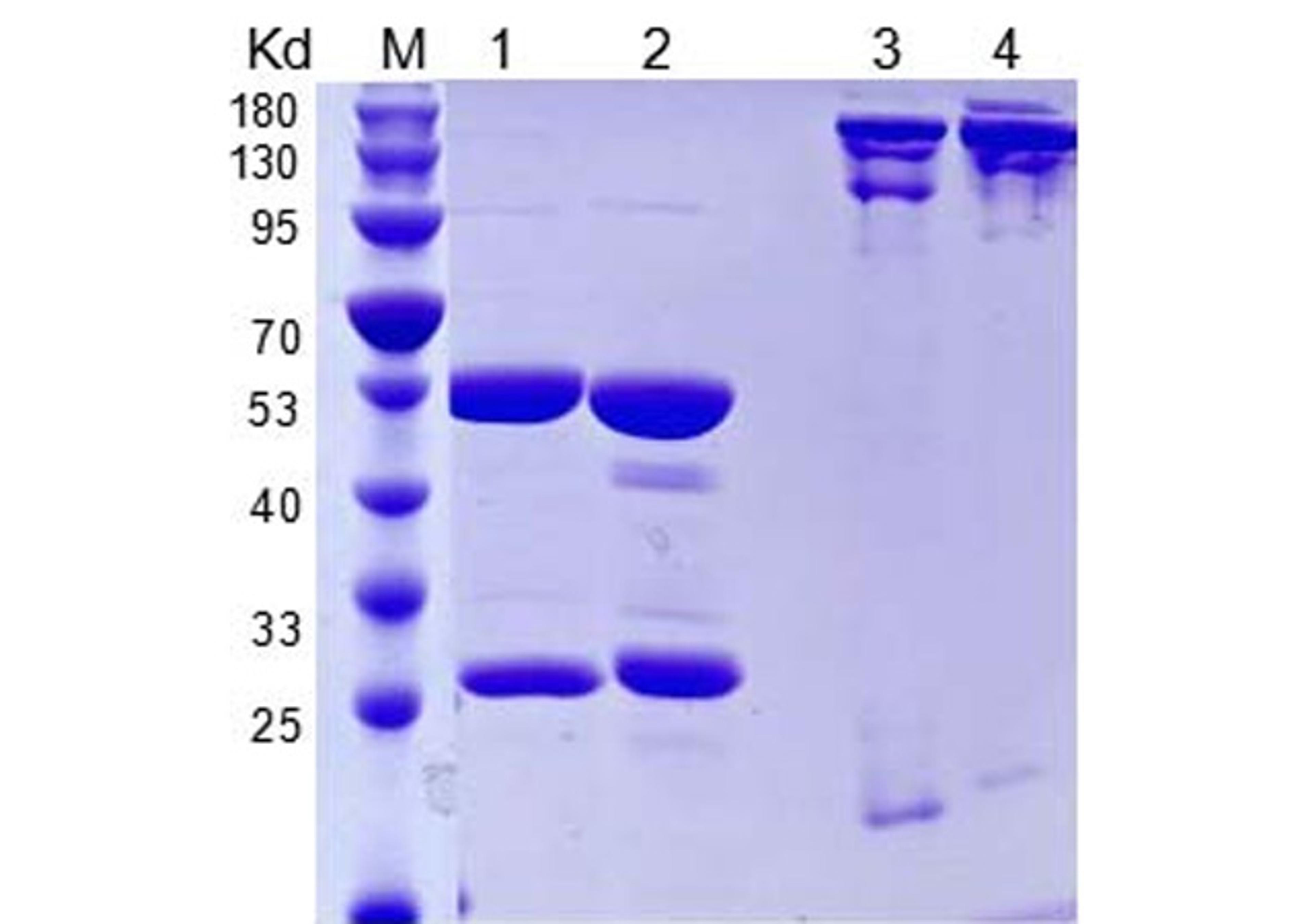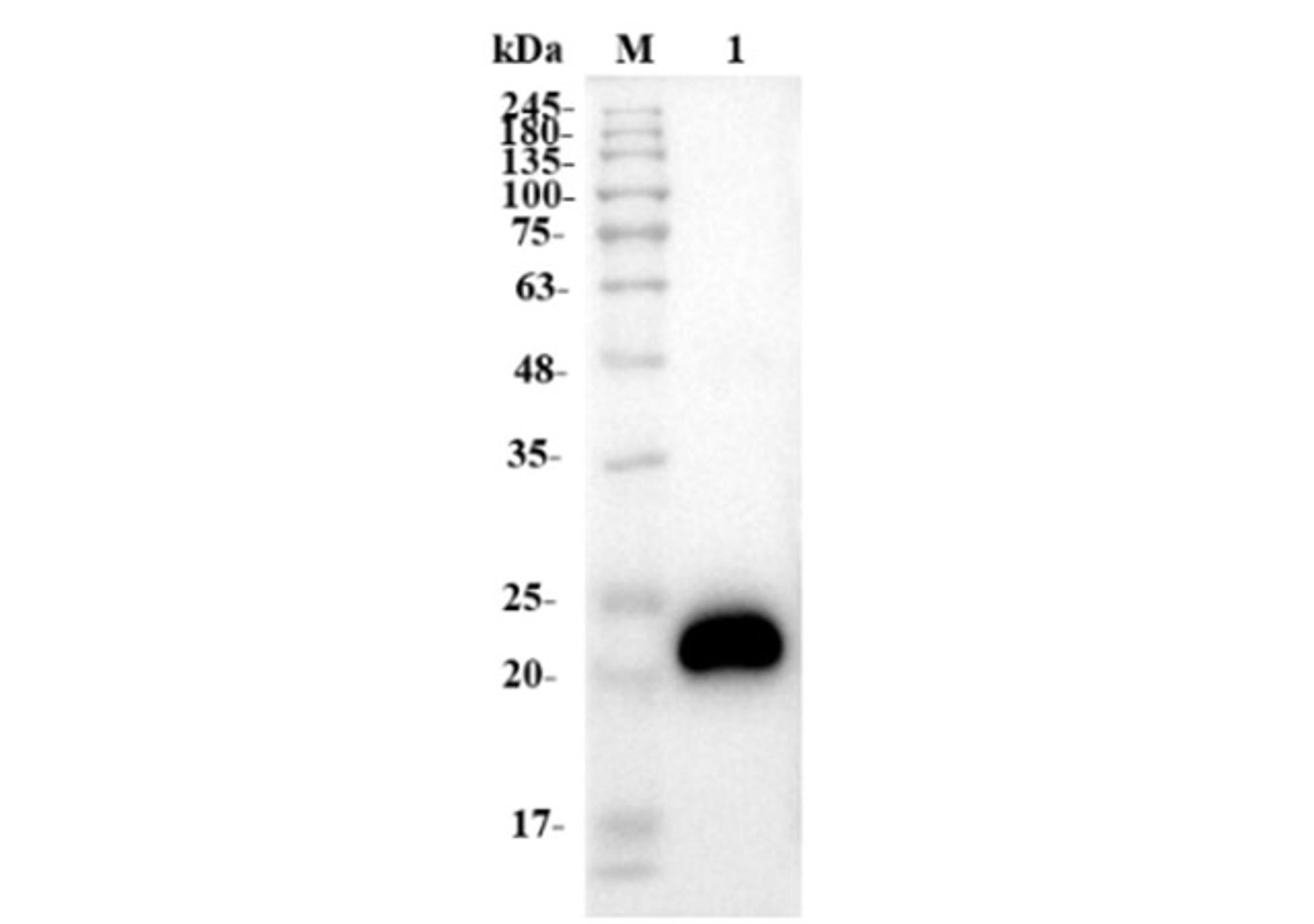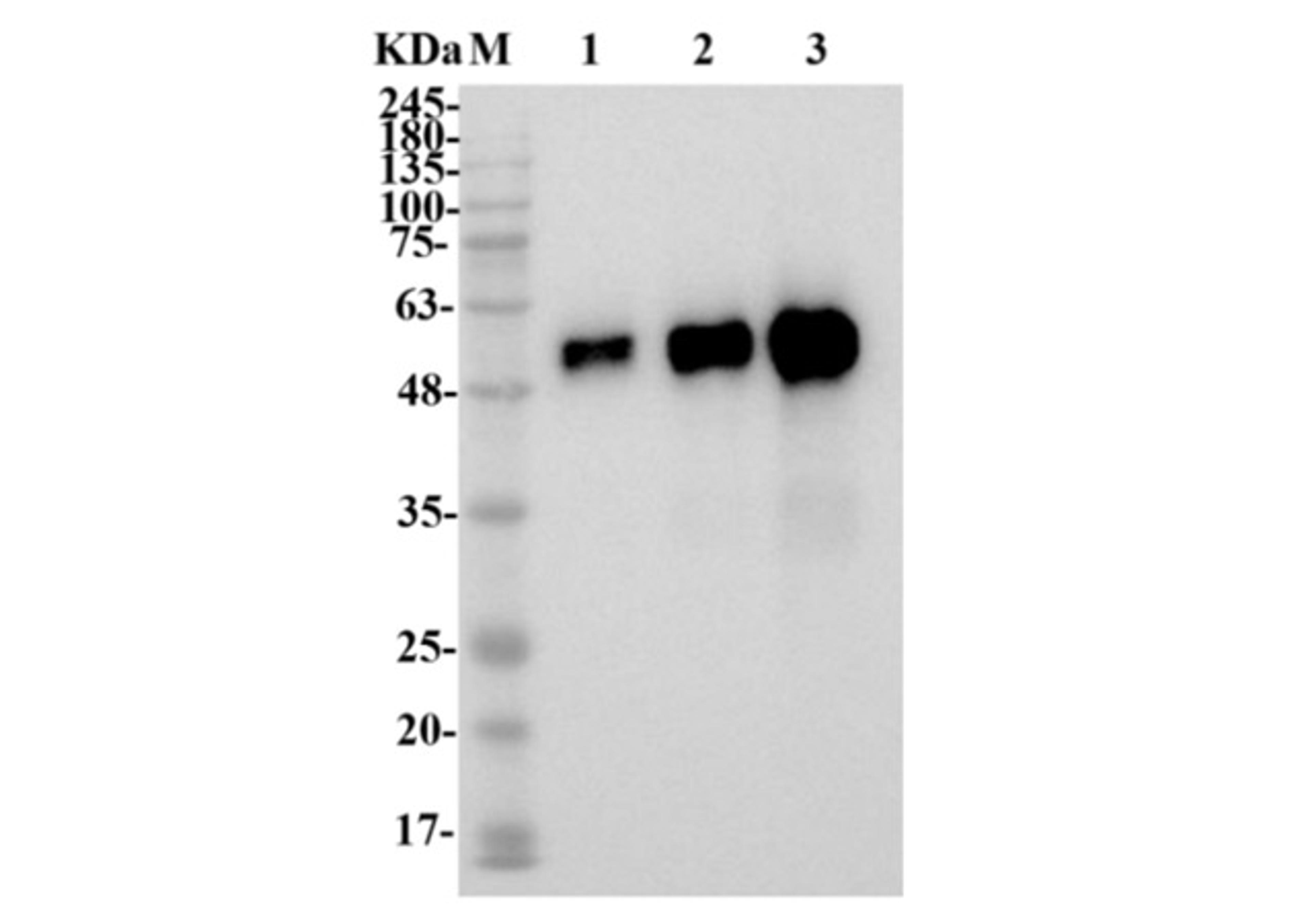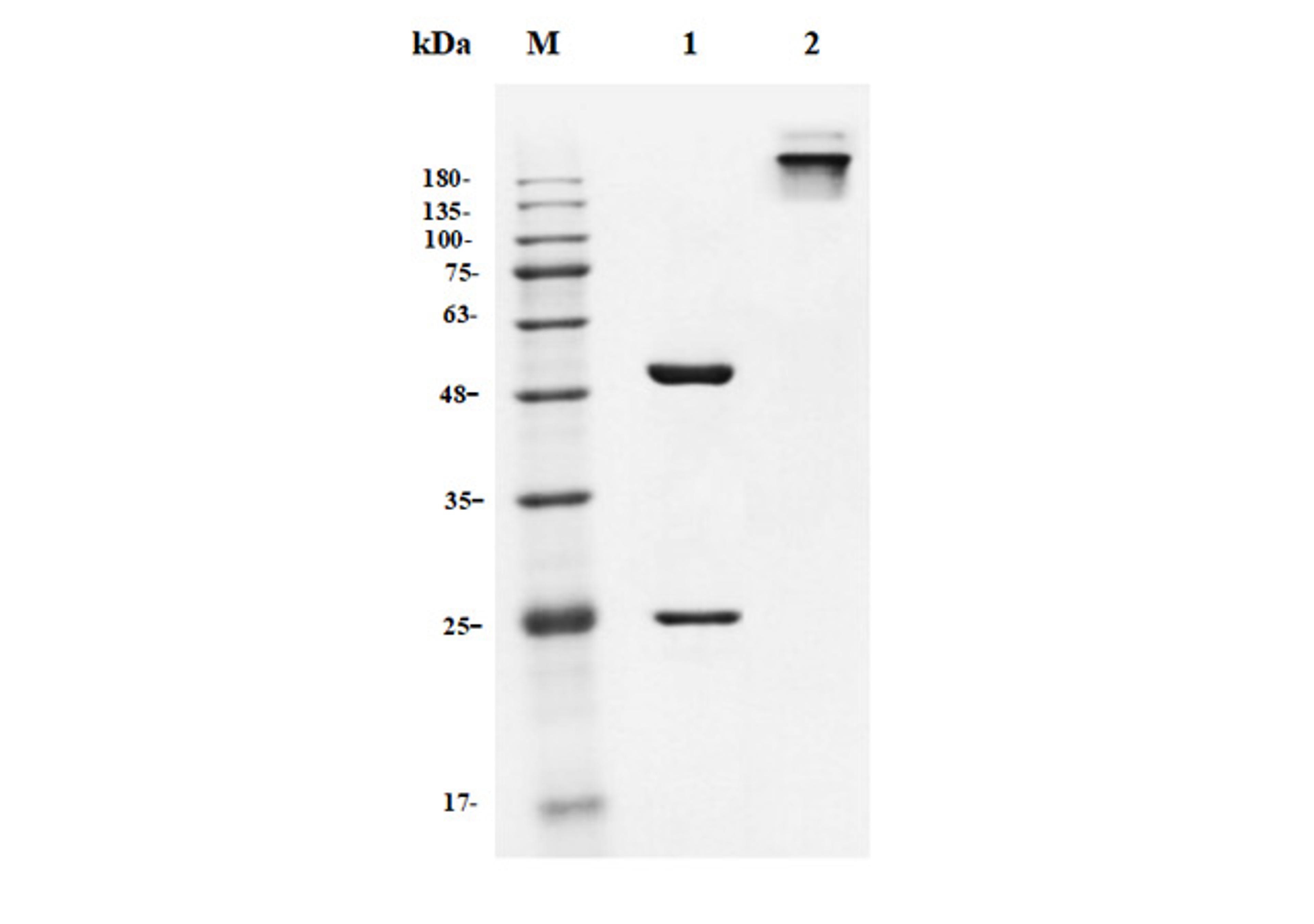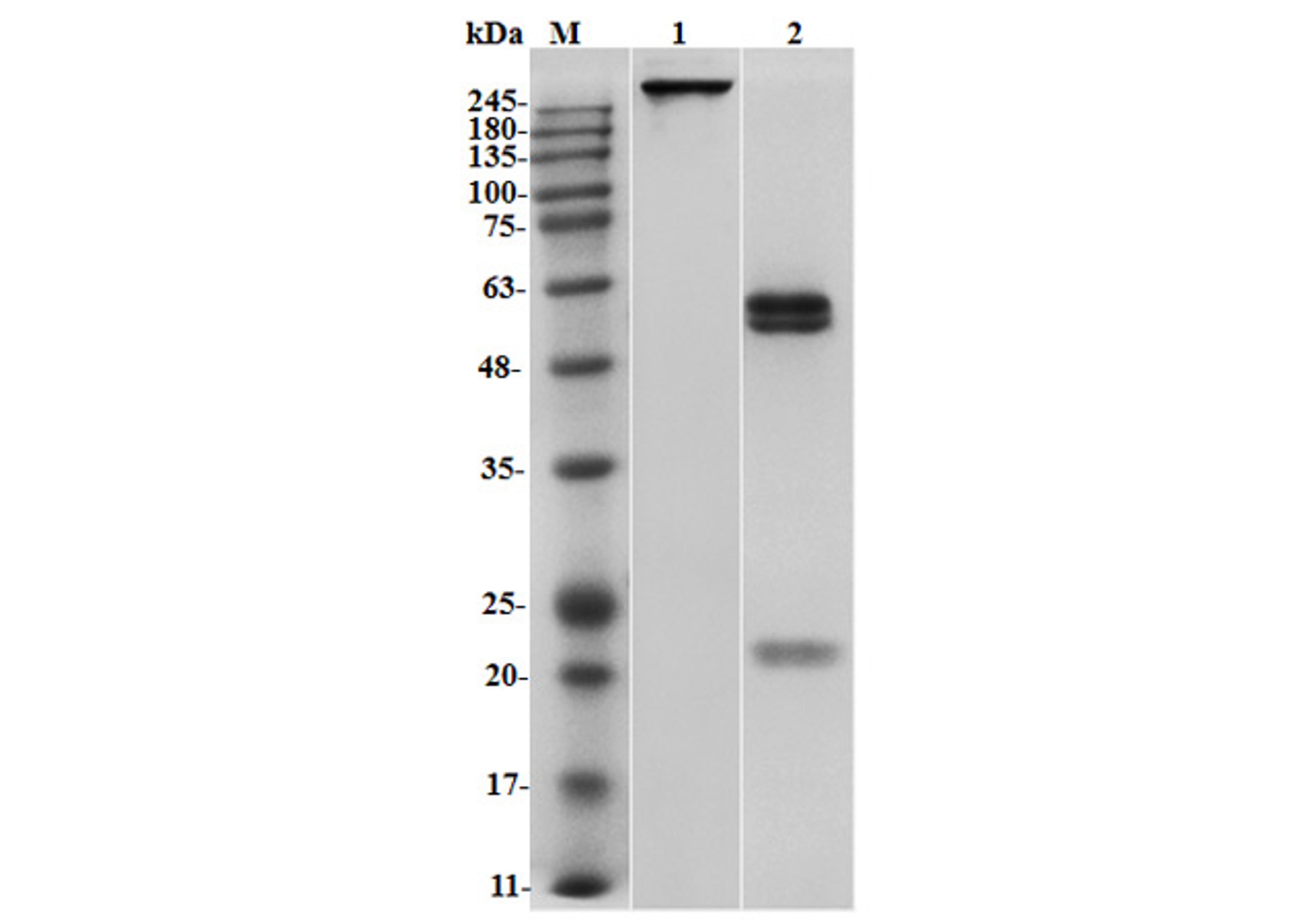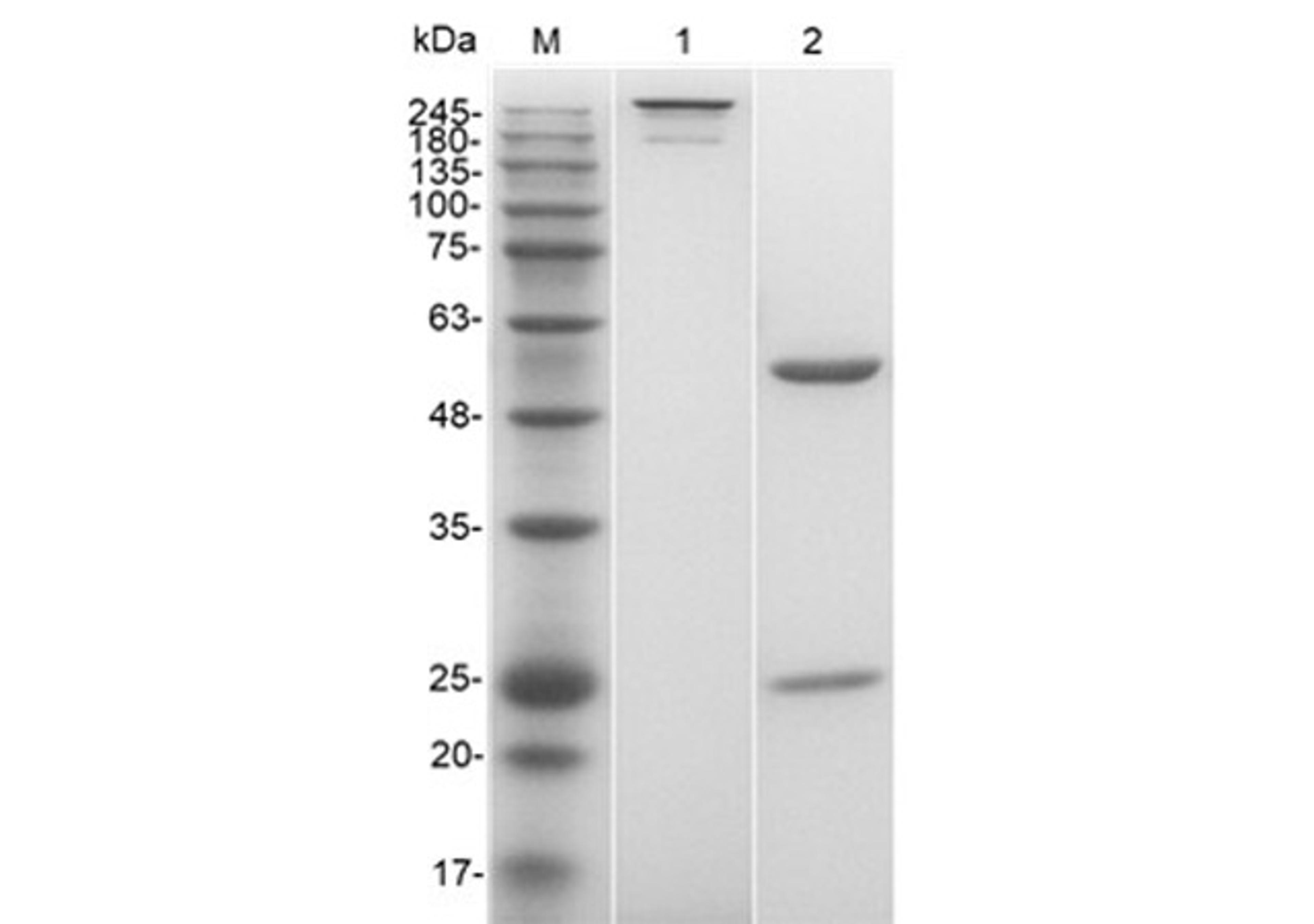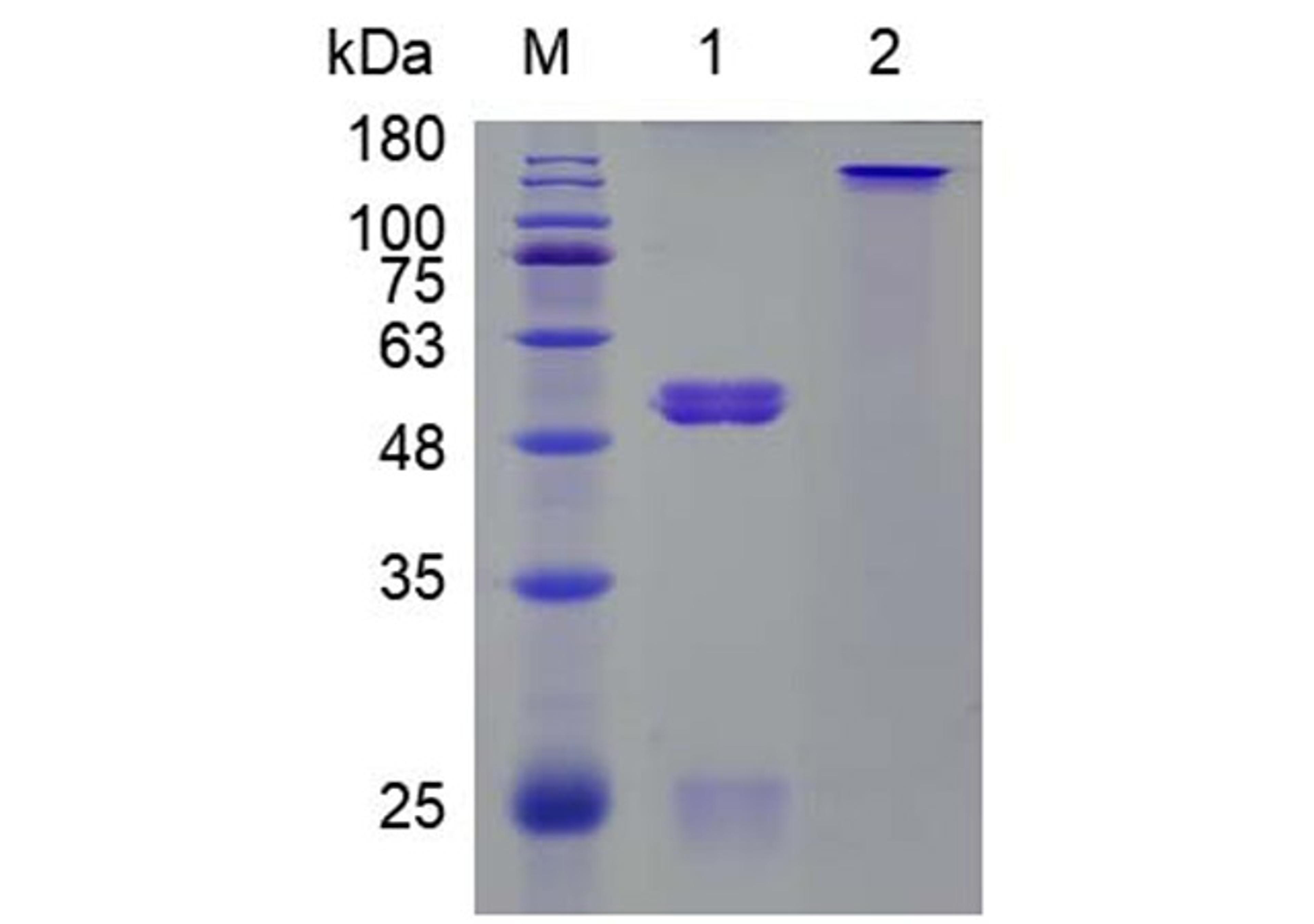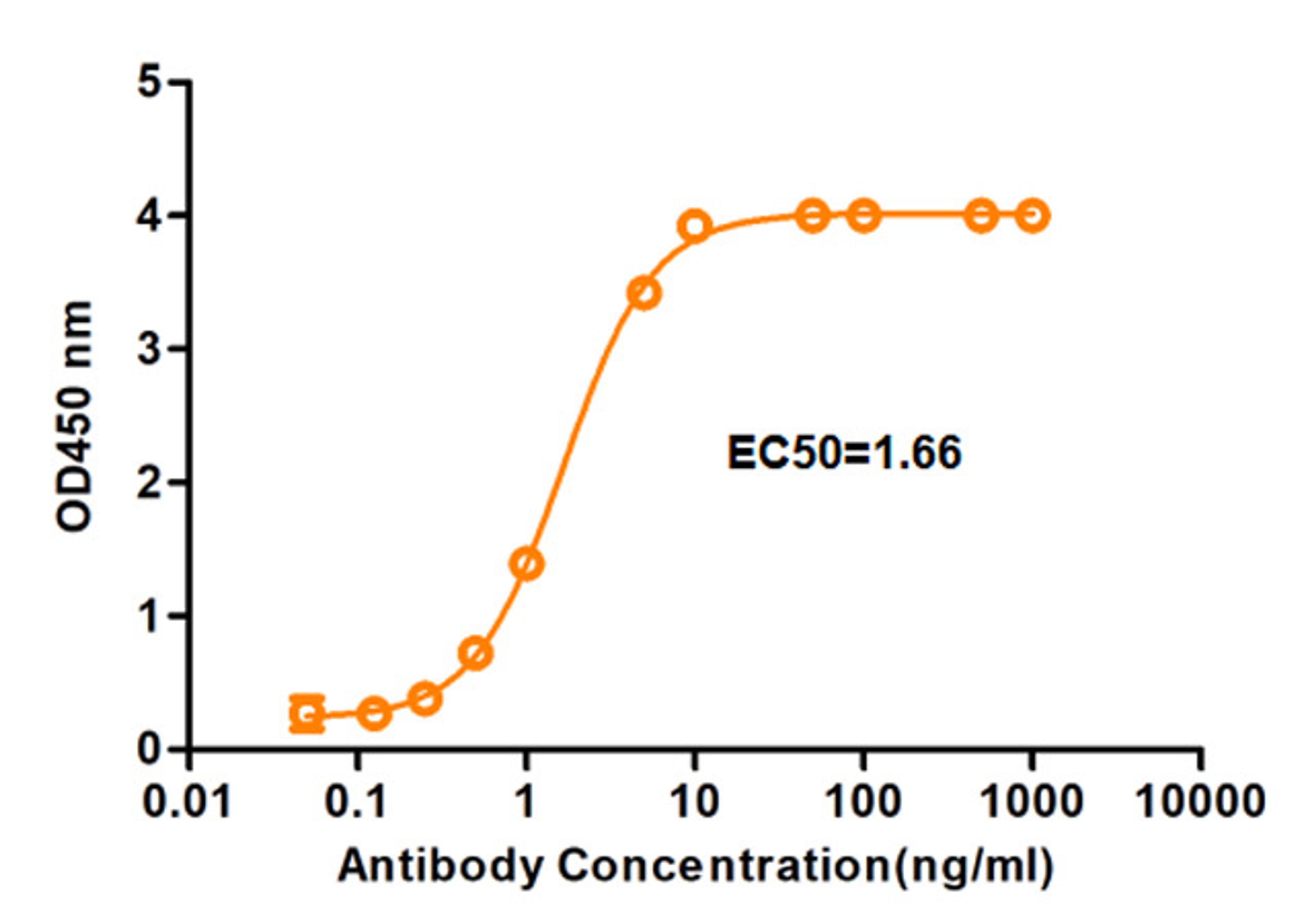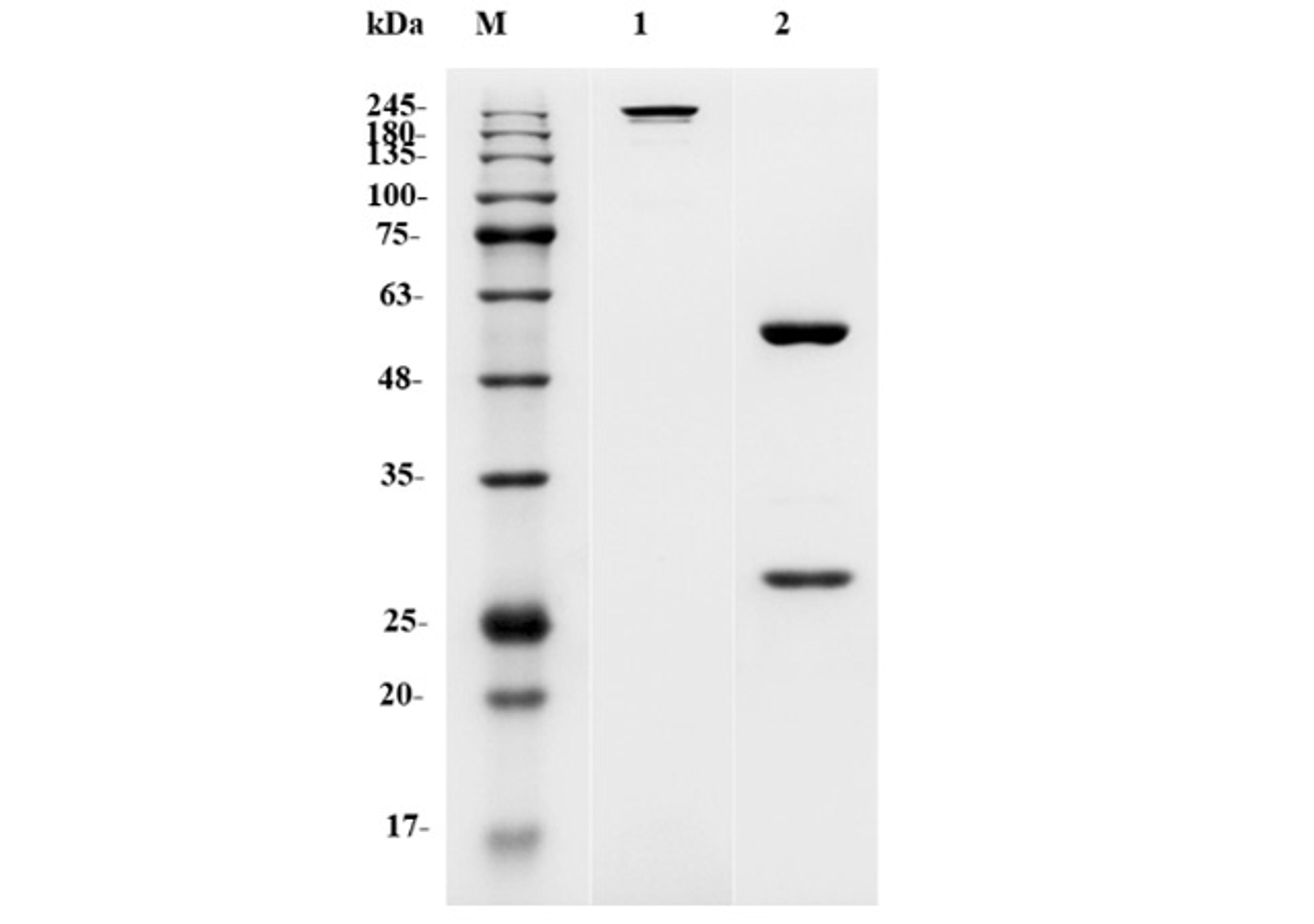Zymo-Spin™ ChIP Kit
The Zymo-Spin™ ChIP Kit features a unique workflow for studying protein-DNA interactions by chromatin immunoprecipitation.
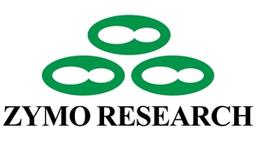
The supplier does not provide quotations for this product through SelectScience. You can search for similar products in our Product Directory.
Very robust, easy to use, and reproducible results.
Cancer biology and genetics
The ChIP kit is very straightforward, and the protocol is easy to follow. Zymo technical support was very helpful at answering all questions related to this kit. It’s cheaper than all other ChIP kits and performs better than most kits. Everything is included to process fixed cells up to the qPCR or library prep stage. I have already recommended this to many colleagues.
Review Date: 11 Dec 2019 | Zymo Research
Easy and efficient kit
Immunoprecipitation of brain tissue
Very efficient even with low amount of material. Very easy to use and quick!!! I definitely recommend this product.
Review Date: 21 Jul 2016 | Zymo Research
The field of epigenetics has grown tremendously over the past several decades. Studies have shown that chromatin modifications, DNA methylation, and DNA hydroxymethylation play critical roles in the regulation of gene expression, gene silencing, protein-DNA interactions, and other cellular processes. Dysregulation of epigenetic modifications can contribute to developmental abnormalities, neurological disorders, and even cancer.
Chromatin immunoprecipitation (ChIP) is the prevailing method used for the study of protein-DNA interactions and the dynamics of epigenetic modifications. ChIP facilitates the identification of regions of the genome associated with a specific protein. The Zymo-Spin™ ChIP Kit from Zymo Research provides a streamlined ChIP procedure for investigating protein-DNA interactions that have been “fixed” in their natural state and can be used to effectively identify binding sites for transcription factors, co-factors, and other DNA regulatory proteins.
Briefly, this ChIP protocol involves covalent cross-linking of protein-DNA complexes with formaldehyde followed by cell lysis and chromatin shearing. A ChIP-grade antibody (user supplied) is used with Protein A magnetic beads to immunoprecipitate the protein-DNA complexes of interest. Following reverse crosslinking, RNase A and Proteinase K treatments, the DNA is eluted in a minimal volume of buffer using a unique micro-elution spin column, eliminating the need for messy precipitations. The protocol has been optimized for efficient crosslinking, shearing, and immunoprecipitation regardless of the mammalian cell type. Additionally, eluted ChIP DNA is ideal for end point PCR, quantitative PCR, ChIP-Seq library preparation, and Next-Gen sequencing-based applications.

